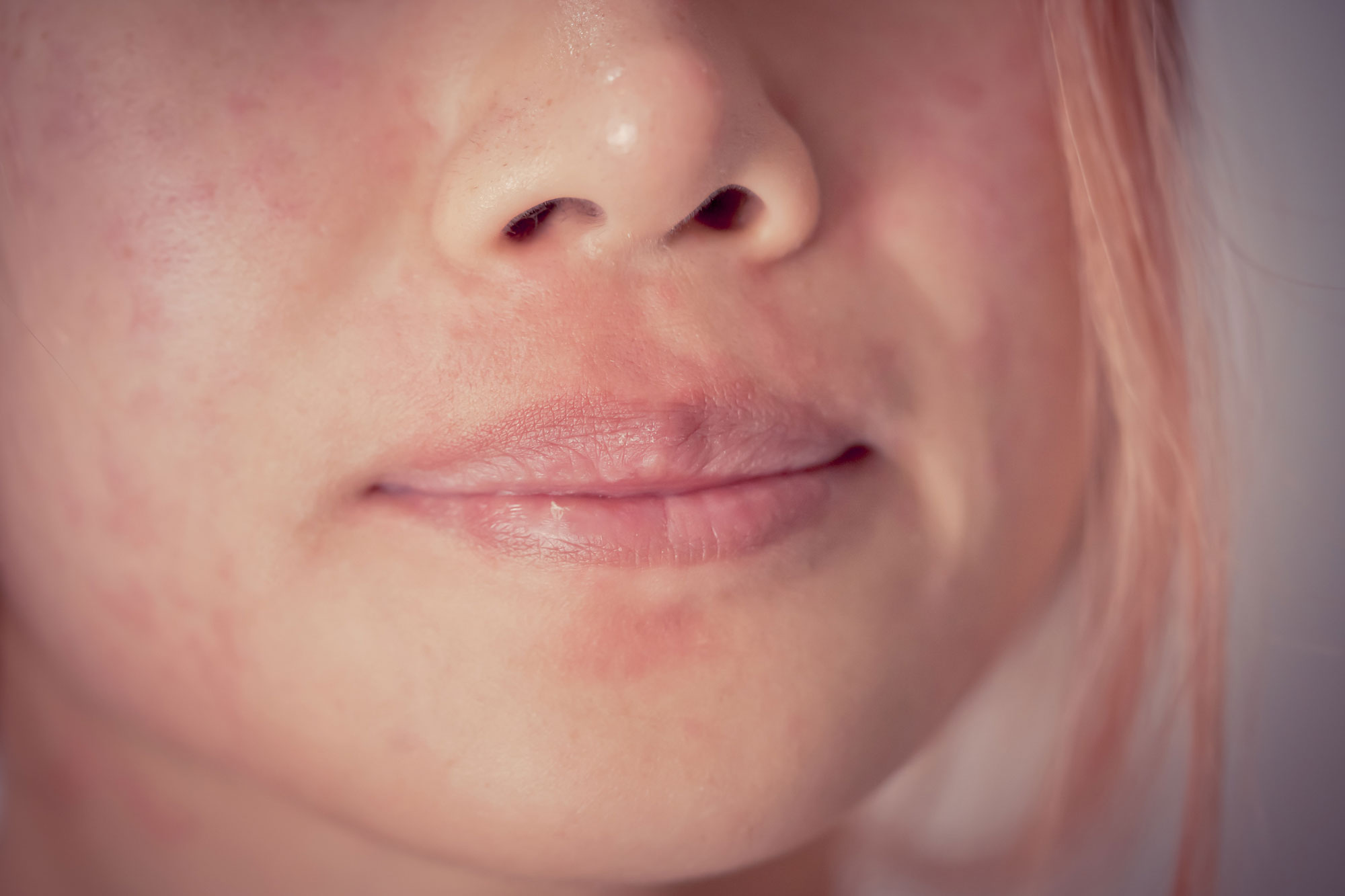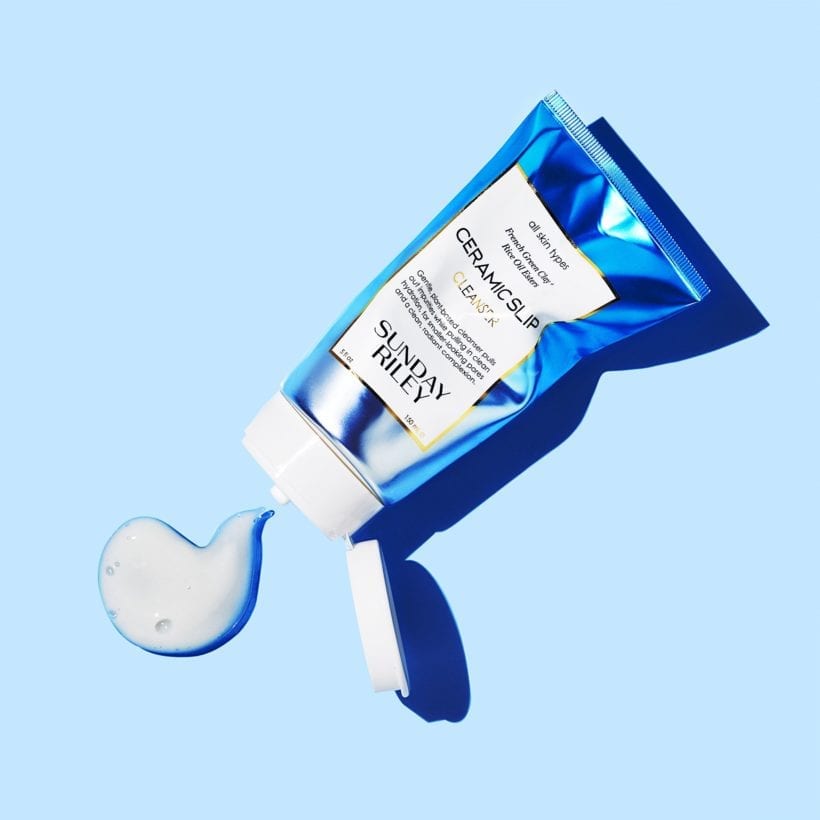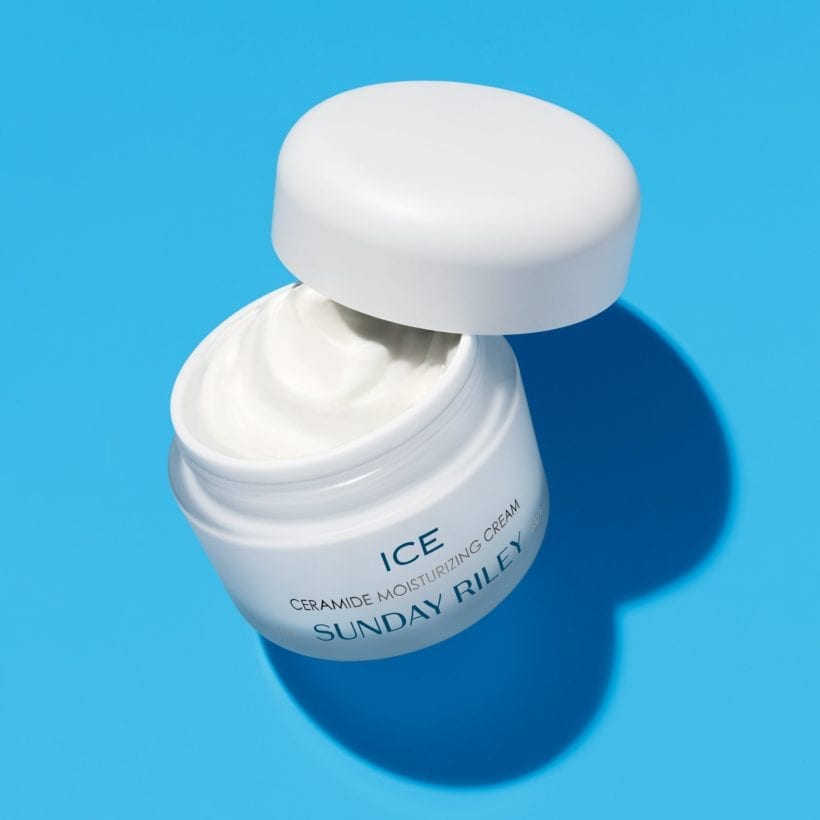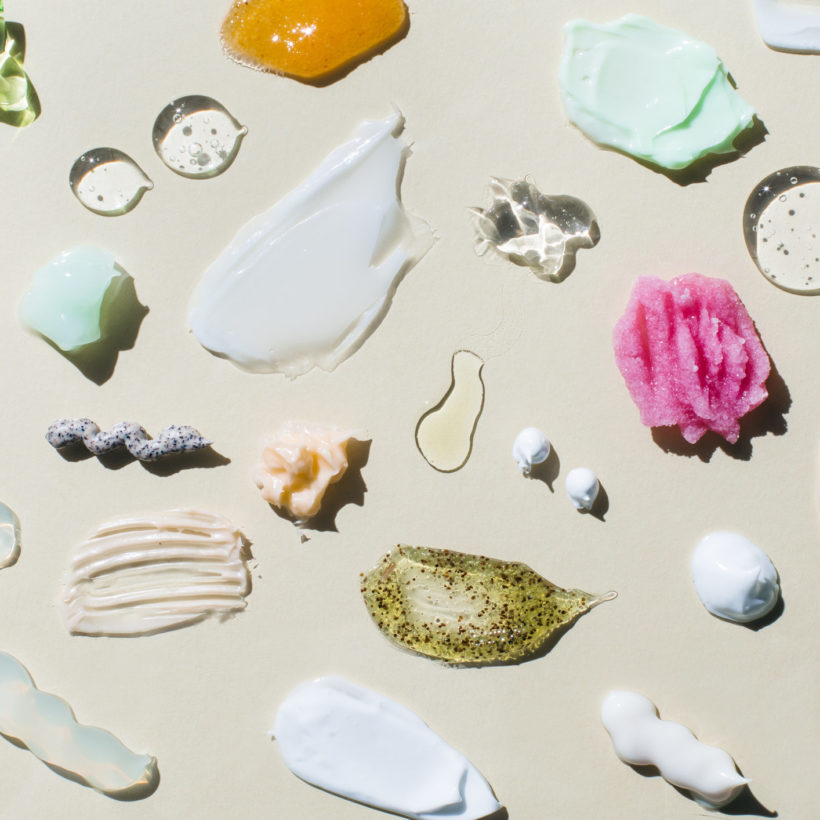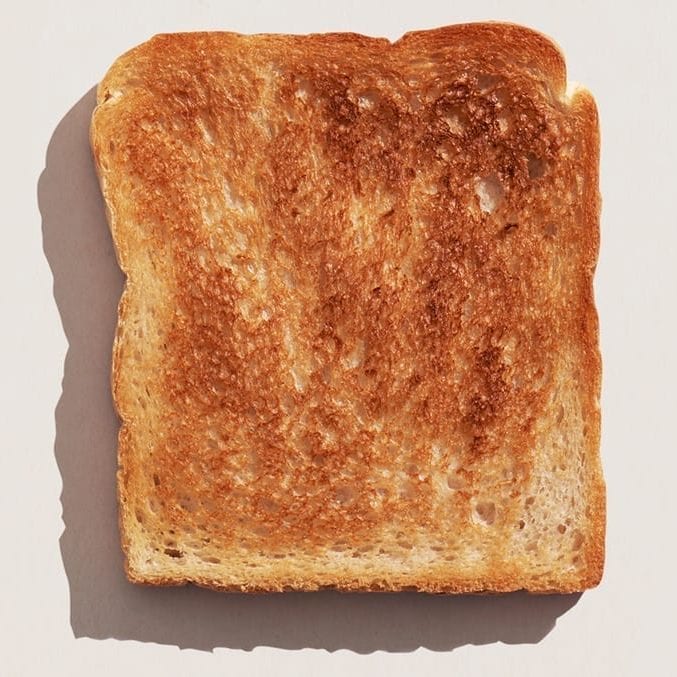Long before #skinbarrier garnered nearly one billion hits on TikTok, dermatologists everywhere have stressed its importance. But now that social media has finally piqued your interest in the topic, it’s time to learn how to recognize when your skin barrier is compromised and how to get it back to tip-top shape so your skin is healthy and glowy again.
A quick refresher on your skin barrier
The skin barrier, also known as the stratum corneum, is the body’s first line of defense by keeping the good stuff in the skin and the bad stuff out. Sarah Akram, celebrity master esthetician, and owner of Sarah Akram Skincare, explains that the skin barrier protects against external damaging factors, like climate and pollution, UV rays, physical stressors, and chemicals. “Its main function is to repel water and lock in moisture, which keeps the skin soft and hydrated,” she says.

“As consumers become more curious and interested in overall skin health, they realize the importance of the barrier function of the stratum corneum,” says Kristina Kitsos, RN and a skincare expert. “The better the barrier function, the more beautiful and glowing the skin appears.”
How do you hurt your skin barrier?
The barrier quickly becomes weakened when we overload the skin with too many harsh or abrasive products. For example, harsh soaps and abrasive scrubs are often to blame for skin that feels dry and irritated. But over-washing the skin (washing it for too long and too many times per day) can degrade the skin barrier, too, says Dr. Marisa Garshick, a board-certified dermatologist. “This strips the skin of its natural oils and impacts the barrier, resulting in dryness,” she explains. “While exfoliation and retinoid use is considered good for the skin, using too many of these ingredients can disrupt the skin barrier and lead to irritation. So, it is best to limit exfoliation to a few times per week and ease into using a retinol or retinoid.”
But it’s not just topical products that can do a number on the skin barrier. “The environment can greatly impact it, and so can UV exposure and pollutants, which cause stress on the skin in the form of oxidative damage. Additionally, dry, cold weather can be harsh on the skin and disrupt the skin barrier leading to moisture loss,” Dr. Garshick says. A lack of sleep, smoking, a poor diet, and skin picking can also weaken the protective layer. “When the lipids in the skin become damaged or depleted, the skin’s defense system becomes compromised. It’s as if your skin’s bodyguard took the day off,” Kitsos says.
The result: small cracks in the skin structure that allow moisture to escape and harmful irritants to enter. “When the skin loses water, it becomes more permeable to various irritants, and when these irritants consistently penetrate the barrier, they trigger harmful chronic inflammation,” says Kitsos. In short, the skin has a difficult time protecting itself.
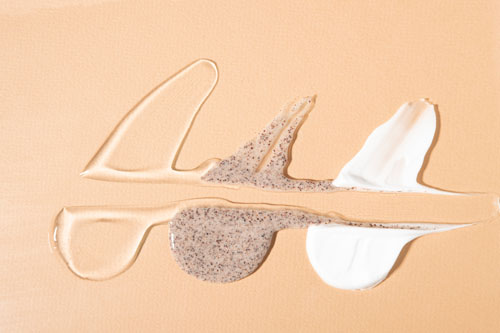
How can you tell if it’s compromised?
You’ll be able to easily tell when this happens: Your skin doesn’t function well, and it’s not as healthy and glowy compared to a strong skin barrier. Founder of Total Glow, Terrie Absher, says that reactions that signal a compromised skin barrier tend to surface quickly as mild symptoms and become more pronounced if the barrier is not restored. “It is usually a gradual process for someone with relatively healthy skin but can be quite sudden and immediate after harsh treatments such as an aggressive peel or other resurfacing treatments,” she adds.
Here are some ways to tell your skin barrier is not functioning optimally:
- Redness, breakouts, and rashes: With fewer self-protecting mechanisms, a compromised skin barrier leads to breakouts (which can cause scars and hyperpigmentation), redness, and even rashes in more extreme cases. “A compromised skin barrier can also be a precursor to contact dermatitis, rosacea, and other skin disorders,” Kitsos explains. Pay attention to your product usage: “The skin’s pH level should be slightly acidic — around a pH of 4.4. to 6. When it swings too acidic from your products, we see inflammation and acne. A sign that the skin might have a more alkaline pH is redness and flaking,” says Absher.
- Extreme dryness and dehydration: When the skin becomes very dry (due to water loss), and patches of flaky skin or even cracking begin to show, external aggravators can penetrate the barrier and increase the permeability of foreign substances. “The result is further damage to the deeper layers of skin by breaking down structural proteins like collagen and elastin,” Kitsos shares.
- Uneven texture: A rough and uneven texture often accompanies a compromised skin barrier. “It can be discolored, too,” Kitsos says. The skin usually looks dull because light cannot reflect correctly.
-
Sensitive, itchy skin: This goes hand in hand with flaking and tends to arise when short-term skin barrier changes are a problem. Kitsos says these symptoms are transient and will improve when the barrier function returns to normal. “The fragility of the skin that occurs when the barrier function is compromised makes the skin extremely sensitive.”
-
Prolonged wound healing: If it seems like something as minor as a cut or scratch (or anything else) takes longer than usual to heal, that’s a sign that your skin barrier is compromised. With less moisture in the skin and weakened regenerative abilities, the skin’s natural wound healing abilities are slower and less effective.
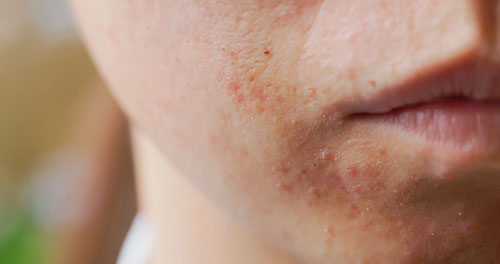
How to strengthen it back up
A compromised skin barrier requires a simple, gentle skincare routine to nurse it back to health. Akram recommends making a few adjustments to your regular skincare routine — a less is more approach is best. “Throw away any harsh scrubs and stripping cleansers,” she advises. Anything too strong or irritating can strip away the skin’s natural oils. Instead, Akram says to opt for a mild hydrating cleanser (like Sunday Riley Ceramic Slip Cleanser formulated with plant-based ingredients that leave skin balanced). Plus, use a nourishing moisturizer with restorative ingredients like ceramides, aloe vera, hyaluronic acid, and colloidal oatmeal to help reinstate the skin barrier and make it healthy again. Sunday Riley Ice Ceramide Moisturizing Cream is a rich yet lightweight hydrator packed with ceramides to strengthen your skin’s moisture barrier.
“The worst thing you can do when the skin barrier is compromised is to continue exposing the skin to UV light, harsh products, or other stressors, which exacerbate the situation. Unfortunately, many people overuse products, lasers, and devices in a futile effort to help repair the barrier function, unknowingly making the damaged, highly permeable stratum corneum worse by not giving the skin time to heal itself. The result is inflammation, skin tone, texture abnormalities, and skin issues.”
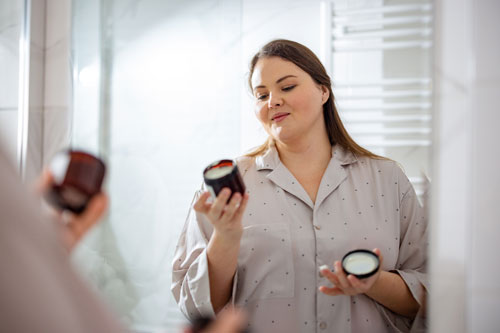
As the skin heals and the signs of a compromised skin barrier are no longer present, the skin will start to look and feel better and be less dry, red, inflamed, and reactive. Then, you can slowly reintroduce active ingredients like acids and retinol into your routine.
If all else fails, it’s time to book an appointment with your dermatologist or skincare expert for a more accurate diagnosis and recommendation of how to best treat your skin and get it back on track to being healthy.
We only recommend products we have independently researched, tested, and loved. If you purchase a product found through our links, Sunday Edit may earn an affiliate commission.
